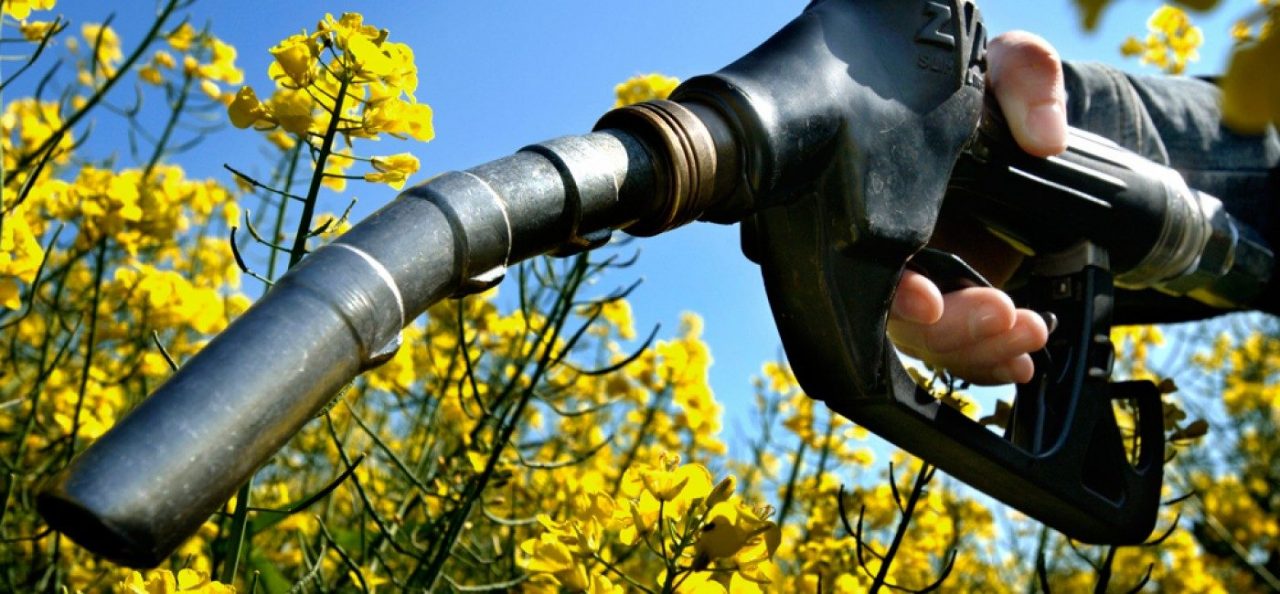Europe’s biofuels sector faces feedstock shortages

The biofuels sector in the European Union (EU), one of the world’s largest markets, could face a feedstock shortage due to growing demand and tightening environmental policies, according to a report by Paul Whiteman, Senior Director of Research and Development at CME Group.
He stated that increasing demand for renewable products from biofuels producers creates risks of feedstock supply disruptions, which, combined with decarbonization targets, increases price volatility and pressures on industry profitability.
According to Argus Media, total biofuel consumption in Europe is expected to reach 30.6 billion liters in 2025, a 10% increase from 2024.
The latest version of the Renewable Energy Directive (RED III) sets a target of 42% renewable energy by 2030. The transport sector has set targets of 29% renewable energy and a 14.5% reduction in greenhouse gas emissions.
The overall renewable energy target has been increased from 32% to 42.5% compared to RED II, but the target date remains the same: 2030.
“Commodity markets are ripe for structural transformation: expanded mandatory quotas and stricter sustainability criteria are driving a shift toward domestic production and waste as a raw material source,” Whiteman noted.
At the same time, he noted, some plant-based raw materials are being phased out, increasing reliance on rapeseed oil, used cooking oil (UCO), and other waste materials used in aviation and maritime transport.
Growth in renewable diesel consumption is also being observed in the heavy-duty truck sector, where a large-scale biofuel blending program is underway.
Whiteman warned that feedstock markets could face further shortages, leading to increased price volatility.
According to Argus Media, the availability of used cooking oil (UCO) will decline as domestic consumption in Asia grows. Without the emergence of new feedstock sources or expanded UCO collection, shortages could occur as early as 2028–2030.
Additional feedstock volumes will also be required for aviation, where demand for sustainable aviation fuel (SAF) is rapidly growing. While SAF currently accounts for only about 2% of the jet fuel market, its share is projected to reach 70% by 2050.
According to Argus Media estimates, renewable diesel and SAF production capacity in Europe will reach 6.3 million tonnes in 2025, with an additional 0.7 million tonnes under construction.
Of these, SAF production will grow by 17% to 2.4 million tonnes, and renewable diesel by 16% to 4.5 million tonnes compared to 2024.
Experts expect these trends to further intensify competition for feedstocks. According to Argus Media forecasts, by 2030, the combined volume of traditional and waste feedstocks could reach approximately 43 million tonnes. However, demand from biofuel, renewable diesel, and SAF producers will continue to grow, creating the risk of a structural shortage in the market.
Write to us
Our manager will contact you soon



